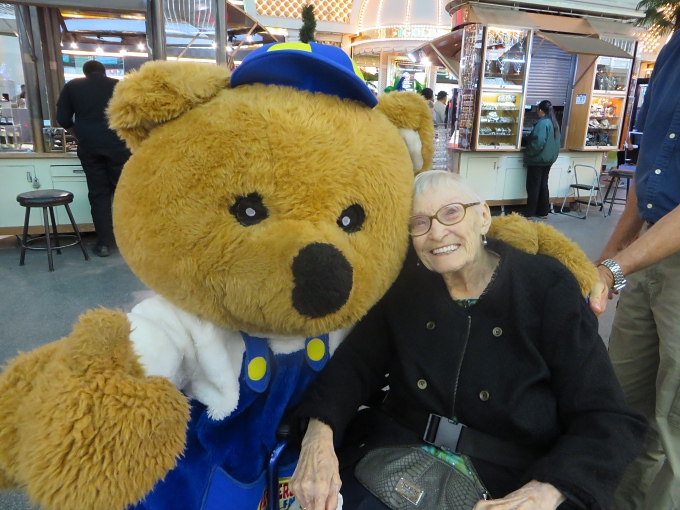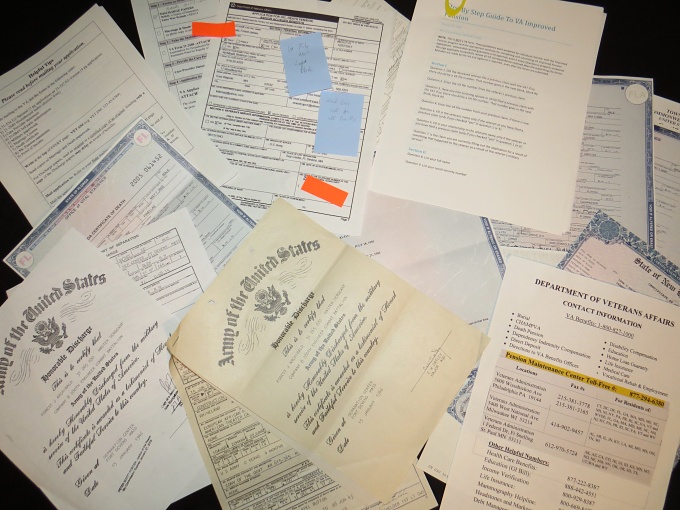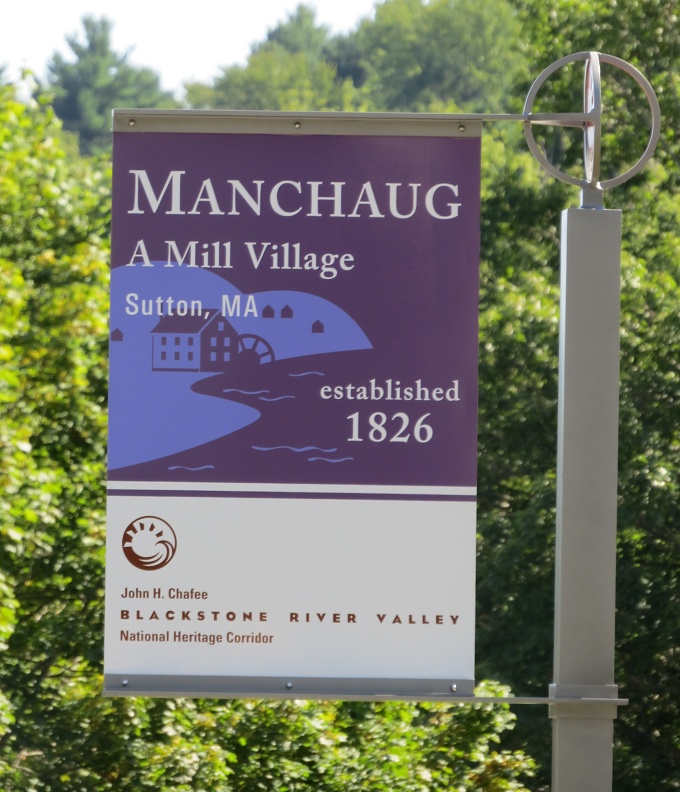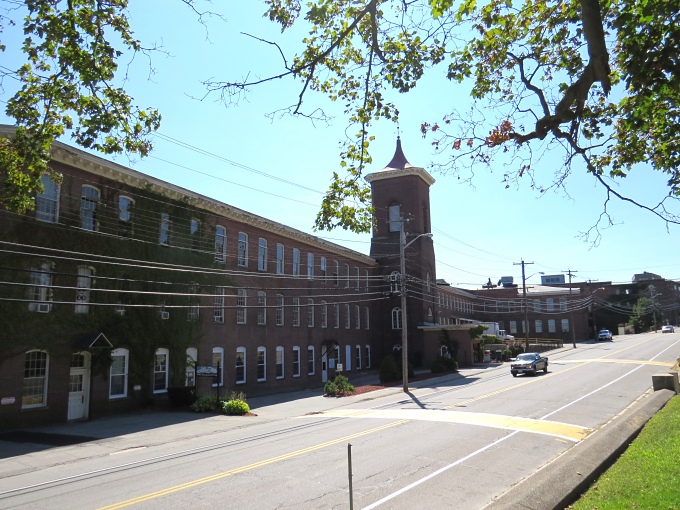On Turning 96 - A Q&A with Becky Haynes
/When you're getting close to 100, you've experienced more life than most of us ever will. David's mum, Becky, turned 96 on 19 October. We thought it would be interesting to turn over the proverbial microphone to her for some words of wisdom and thoughts on life.
What do you think about being 96?
It's not much different than being 93, 94 or 95, but it's certainly different than being 19 or 20.
Do you feel old?
I do now, but I didn't until I broke my hip about four years ago.
Why do you feel old now?
It was the first broken bone I ever had in my life. I started feeling old when my body wouldn't do what I wanted it to do. My mind is getting dull. Sometimes I can't think what it is I want to say. I see the words in my mind, but they don't get to my tongue. It's frustrating and makes me angry. The hardest thing is having to face the things I used to be able to do, but can't do now.
What's your best childhood memory?
I was a little girl in Marinesco (Michigan) and my Dad came into the house and took me by the hand outside. We walked over the hill and he pointed to a mother turtle with several baby turtles following behind her. It was a special moment with just me and my Dad.
You've always loved traveling? What's your best travel memory?
I've gone so many places and done so many things, I can't think of a “best”. I still enjoy traveling.
What 's your philosophy of life?
Do unto others, as you would have them do unto you... it's held up through my whole life. I've always tried to give as much as I could, but I've always received so much more.
What are your thoughts …
On life in general – Be happy with everything you have and always reach for more … with your whole heart. I don't mean money. I mean if you want to go to college … go. If you want to be an actress, be one.
On family - I have four kids, 11 grandkids, 21 great-grandkids and 1 great-great granddaughter. Family is and has always been so important to me. I love my family and they know it.
On death - I don't think about death much. It'll come when it comes. I'm not afraid of death, but I'm wary of it. It's the unknown. As much as I'd like to believe in an afterlife, I just don't know. I watched Dan (my husband) die and it seemed simple and easy and peaceful.
On longevity - I don't advise it for everybody. I think I'm handling it better than many. Coming to terms with old age is difficult.
What's the secret to a long life?
Good genes … and I don't mean Levi's!











